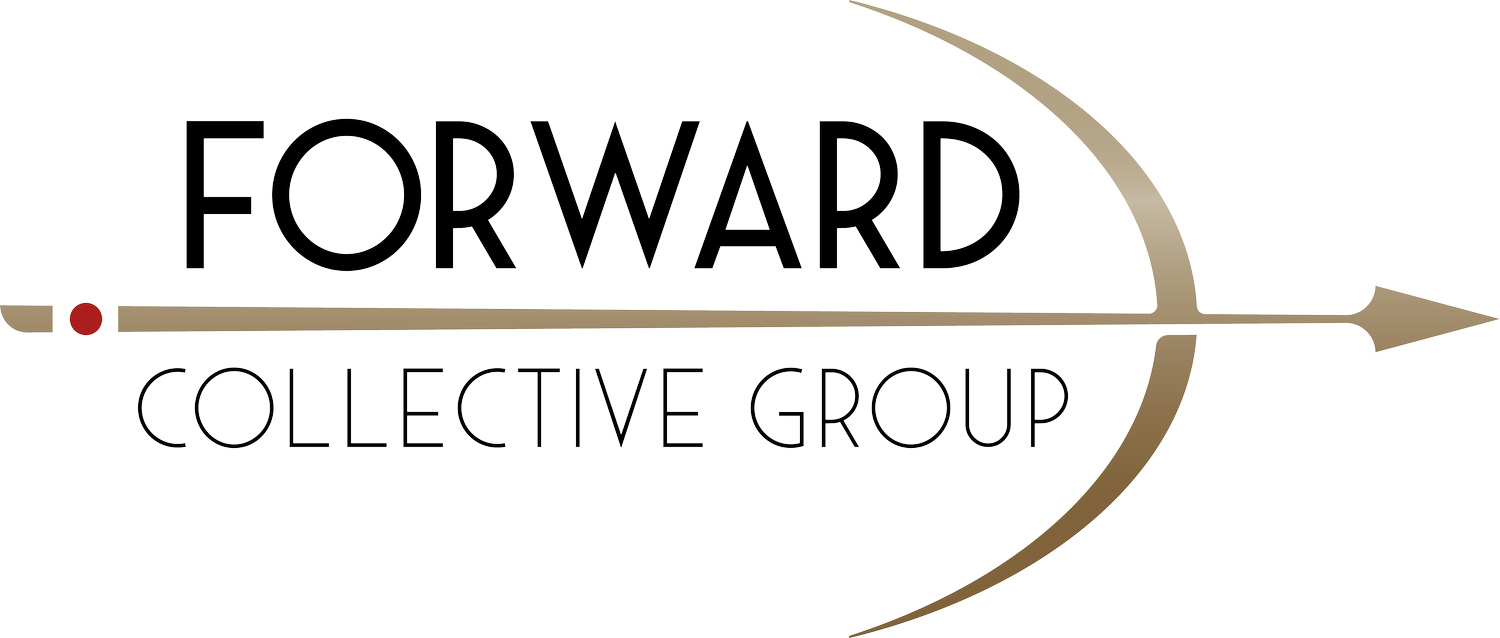Planning A DEI Rollback? Not So Fast.
Business leaders are constantly navigating a complex landscape of business decisions: strive for growth, maintain profitability, and build a thriving company culture. Headlines like those from Forbes, CNN, and even the White House highlight the volatile intersection of business and social issues. It’s tempting to rollback the organization’s DEI work considering that many, if not most, business leaders misunderstand the impact and necessity of diversity, equity, and inclusion (DEI) initiatives. The dilemma may feel overwhelming when facing economic pressures or a desire to avoid perceived controversy.
Think thrice before making DEI cuts.
Thought 1: Business Leadership = Privilege
Business operations don't exist in a vacuum; they are deeply intertwined with external factors that shape our perceptions of power, privilege, and influence. When we roll back DEI initiatives, we choose to ignore or downplay these ingrained societal dynamics. This can inadvertently reinforce existing privilege hierarchies within our organizations—where certain groups' dominance over others goes unchecked. If our company's culture, implicitly or explicitly, signals a de-prioritization of DEI, it risks alienating employees, customers, and the broader communities who live in marginalization. This can lead to a severe hit to our employer and consumer brands, impacting everything from talent acquisition to market share. The widespread boycotts of major brands are a stark reminder of how quickly public perception can turn when companies regress on social issues.
So why the unusually strong public backlash? Because the “public” is people, and people are complex. Each person has an identity made of over 50 dimensions, which impact their preferences, choices, and networks. Business leaders hold a ton of privilege due to socioeconomic status (SES) and education; furthermore, we may also be privileged due to our race, gender, disability status, or even our accent. Most corporate DEI initiatives focus on only a few dimensions and ignore large chunks of the public’s identities. Our companies focus so narrowly because of business leaders’ privilege: we signal we matters to us and our teams follow.
Our 50+ dimensions of identity
Corporate’s narrow DEI focus
Thought 2: Executive Ignorance = Blind Spots
Business executives are often ignorant of the biases around them. Professional and financial success does not equate to DEI competence, emotional intelligence, or skill with people. Everyone has biases, even if their identity includes marginalized traits in a dimension. Ignoring these biases can lead to significant legal vulnerabilities such as lawsuits, poor employer brand ratings and turnover, and low-quality products and services.
Several types of biases flourish within leadership teams when executives deprioritize DEI:
Affinity bias: Affinity prizes homogeneous leadership teams that lack diverse perspectives, fostering "blind spots" that prevent us from seeing inequity and opportunity.
Attribution bias: Likeability can make leaders untouchable in our organizations, leading us to underestimate their negative impact.
Confirmation bias: Confirmation forces us to dismiss contradictory evidence and seek out information that validates our existing viewpoints, regardless of the consequences.
Business leaders are responsible for their company’s biases because we are the top power source. Failing to address these biases can lead to disjointed, irrelevant DEI initiatives that don't genuinely impact the bottom line. The consequence is not just a moral failing but a business one: lawsuits, a tarnished brand, and an inability to attract and retain top talent.
Thought 3: Connection = Pressure
Inclusion is far more than just a feel-good HR initiative; it's a critical component of a company's overall health, deeply interwoven with its community, culture, product, and marketing. Rolling back inclusion efforts in one area inevitably creates ripple effects across the entire organization and its external ecosystem.
There are four focus areas of DEI work: community, culture, marketing and product. Each carries organizational risks when mismanaged or ignored.
Community - Neglecting this can lead to a lack of diverse talent, employee disengagement, and negative community perception.
Culture - A rollback here means a toxic work environment and an employer brand that repels talent.
Product - Abandoning this can shrink our customer base and lead to products that alienate key demographics.
Marketing - Ignoring this can result in damaging campaigns that trigger public outrage and boycotts.
Remember, external stakeholders play a significant role in our DEI journey. Political leaders introduce new laws and societal expectations. Competitors are constantly innovating. Job candidates seek roles at companies which are aligned with their values. Every stakeholder in our company’s ecosystem can either mandate or incentivize DEI efforts.
Another pressure point is recognizing the competing interests of corporate shareholders/investors and our diverse customer base. Shareholders and investors, particularly in publicly traded companies, are more likely to be white and economically affluent. Their primary interest is growing financial returns; conversely, our customer base is increasingly diverse, representing a myriad of identities, experiences, and values. What appeals to shareholders might deeply offend or disengage customers who are the objects of our companies’ ethical practices and inclusion initiatives. Prioritizing the narrow interests of a less diverse shareholder group over the broader, evolving expectations of a diverse consumer base jeopardizes long-term brand loyalty and market relevance.
The Path Forward: Intentionality and Action
It's time to be intentional not reactive. Rolling back DEI initiatives, while seemingly offering short-term relief, carries profound long-term risks. It undermines our company's foundation, alienates critical stakeholders, and leaves us vulnerable to legal, financial, and reputation damage. Instead of retreating, focus on building robust DEI strategies that are integrated across all facets of the organization—from internal culture to external impact.
If you're grappling with the complexities of building a truly equitable and resilient company, Forward Collective Group is here to help. We offer partnered and self-guided support through:



